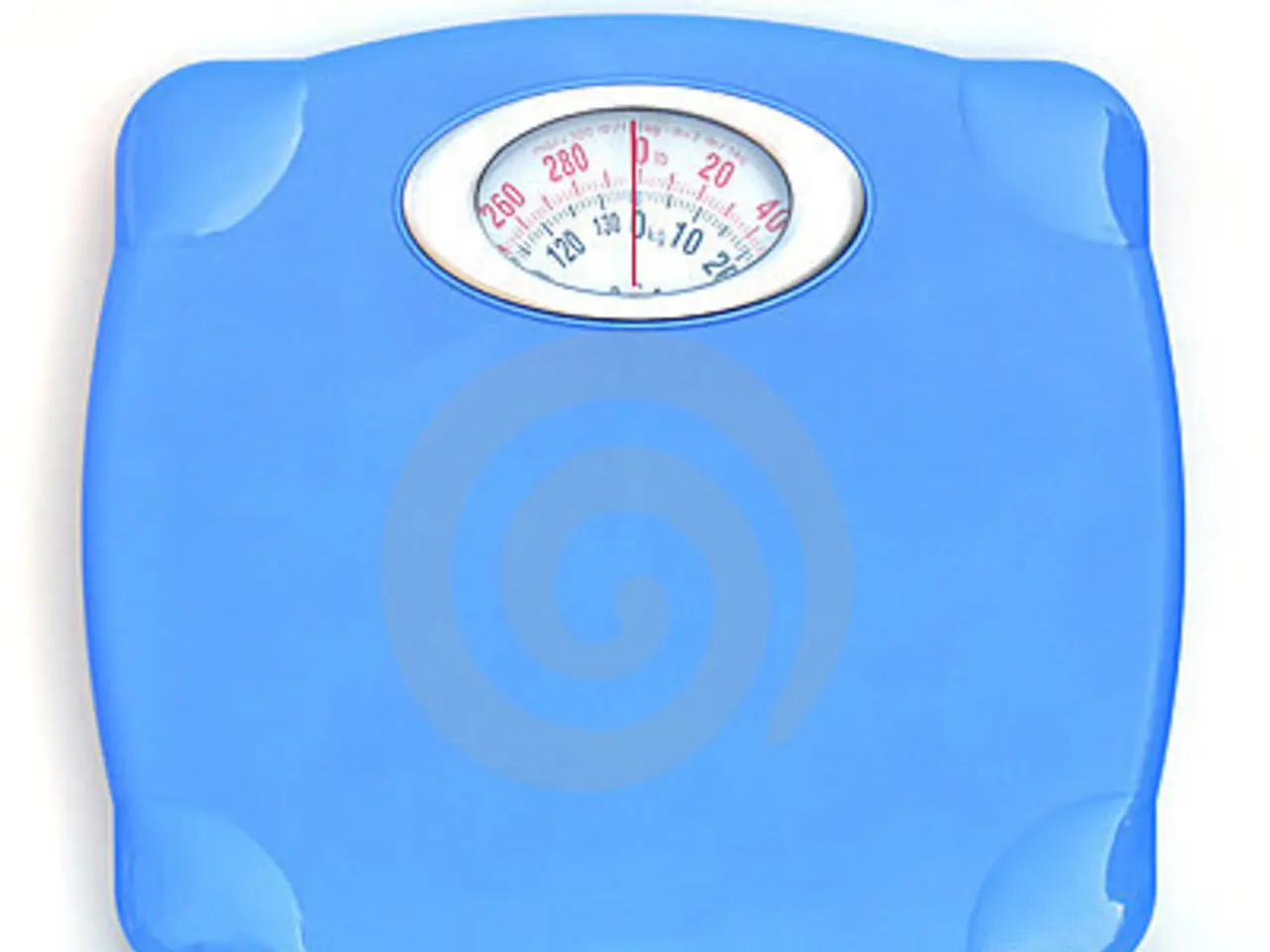"Revealing the Actual Pounds You Could Potentially Shed in Two Weeks of Fasting - Debunking Common Myths"
Fasting, a practice that has been around for centuries, is gaining popularity as a tool for weight loss. However, it's essential to approach fasting with caution and realistic expectations. This article aims to provide a comprehensive overview of fasting for weight loss, focusing on safety, sustainability, and lifestyle changes.
Fasting creates a calorie deficit by restricting food intake, leading to weight loss. However, it's crucial to prioritize safety and sustainability when considering fasting for weight loss. Different types of fasting have varying impacts on weight loss during this period. Intermittent fasting, for instance, is more sustainable and less restrictive than prolonged water fasting.
Weight loss is a complex process influenced by multiple factors, including calorie deficit, water weight, metabolic rate, and individual metabolism. It's important to note that weight loss during a two-week fasting period varies significantly, with a notable initial water weight loss and subsequent fat loss.
Proper refeeding after a two-week fast is critical. Start with small, easily digestible foods and gradually increase the quantity and variety of foods over several days. Focus on consuming nutrient-dense foods during feeding windows.
Long-term weight loss sustainability requires making sustainable lifestyle changes, including regular exercise and a balanced diet. Maintaining weight loss achieved during fasting requires a sustainable long-term approach that focuses on lifestyle changes, including a balanced eating pattern, regular physical activity, and healthy habits like mindful eating, stress management, and adequate sleep.
Choose a type of fasting that aligns with your lifestyle, goals, and health status. Fasting is not recommended for pregnant or breastfeeding women, individuals with a history of eating disorders, certain medical conditions, individuals taking certain medications, and those with specific underlying health conditions. Always consult a healthcare professional before starting any fasting regimen.
While fasting can lead to weight loss, it's not a miracle cure. Realistic weight loss in 2 weeks of fasting can range from 2 to 10 pounds, with a significant portion being water weight. Aiming for 1-2 pounds of fat loss per week is generally considered healthy and achievable.
Extreme fasting carries significant risks, including nutrient deficiencies, muscle loss, electrolyte imbalance, dehydration, and potential side effects like headaches, dizziness, fatigue, irritability, constipation, and menstrual irregularities. Minimizing muscle loss during a fasting period requires strategic planning, including incorporating resistance training exercises and essential amino acids supplementation.
In conclusion, fasting can be a useful tool for weight loss when approached with caution, realistic expectations, and a focus on safety and sustainability. It's important to remember that fasting is just one part of a larger puzzle, with lifestyle changes and long-term commitment being key to achieving and maintaining weight loss. Always consult a healthcare professional before starting any fasting regimen.
Read also:
- Bee colonies in Zirndorf city have been affected by American foulbrood - a designated restriction zone has been established - no immediate threat to local residents.
- Federal Health Care Blueprint for 2026 Revealed by OPM Outlining Key Strategies and Objectives
- Unveiling the Undiscussed Issues of Earbuds: Revealing the Silent Reality
- Five residents of Halton have been diagnosed with West Nile virus.





